Can Subnautica be considered a Souls-like game?
8 min readAn essay about videogames as a form of art and a deeper analysis of some genres.
Before I start, I wanted to introduce myself and greet all the readers of this blog. I am Beroun, you might know me from World of Tanks and/or several discord servers I am a member of. Thanks first of all to Harkonnen, who gave me the chance to write in his blog. I also want to express my appreciation to you, the reader, for taking the time to read this.
Since I stopped enjoying World of Tanks, I have started seeing single-player videogames as a form of art, as if I was looking at a painting or reading a book. Arguably, not every game can be considered art, or not everyone can see the art in games. However, both of these arguments have been said about most forms of art available out there, which is enough to convince me that I will always learn or see something if I dig deep enough. And this is what we will do in most essays I write, we will try to imagine what kind of message the developers wanted to convey when creating their game.
What is a Souls-like game?
Video game genres have been a hot topic for a long time. During the last decade, an increase in PR and marketing in AAA companies resulted in a lot of words being thrown around, in many cases with a different meaning than what the expression was originally meant to have.
This, however, doesn’t really apply to the souls-like genre (also named souls-borne, to include Bloodborne). Everyone understands that it includes games similar to the Dark Souls franchise. But (and here is where we start digging), what does ‘similar’ in this regard mean?
For most people (and the official definition of the genre), they imagine really difficult combat, bosses with lots of hit points dealing very high damage and a huge amount of deaths. The only exception to this are speedruns or deathless challenge playthroughs. I want to go beyond that. When I think of Dark Souls, I inherently think of a hostile world, in which no-one believes in your abilities until you actually convince them otherwise and where you have to get up stronger and stronger after each failure. And while this can be considered a definition of ‘difficult combat’, this specific wording will matter later on.
With a little bit of imagination, you could even say it teaches you to be patient in real life. All problems seem huge until you slowly learn how to tackle them, and eventually are able to deal with them. This in turn delivers you (once you defeat each challenge) a powerful sense of accomplishment and a feeling that you can achieve absolutely anything.
But another meaning of the souls genre for me (and here is where Subnautica comes into play) is the fact that you are not an overpowered character. When playing the game for the first time, it’s an environment that quickly teaches you its internal workings. You learn to respect the environment around you, understand that you are at the bottom of the metaphorical food chain, and humbly grow stronger.
If you remove the combat from the equation…
I feel the same when playing Subnautica. From here on in, there will be spoilers about the game, so if you haven’t played the game and want to experience it in a pure way, refrain from reading further. Unlike most survival games, your presence in the world isn’t a coloniser that arrives there for the first time and needs to establish dominance and “educate” the indigenous species how to learn their place as a subordinate of their new leader.
In Subnautica, it feels as if you were a visitor in the museum. The sheer beauty of the world is only disrupted by the fear when you encounter the more dangerous species. It even happens with the completely harmless ones. You see them for the first time and you have no idea whether or not they are dangerous. The relationship between the player and the world is the opposite – the world is teaching you your place as a subordinate, as a visitor, and each initial scare serves as a lesson in respect. You learn which species aren’t dangerous (and thus you can coexist with each other) and which ones you have to avoid.
There isn’t the option to fight and kill them. To be precise, there is, if you use certain tools for a very long time – but that’s as game-breaking and alienated to the purpose and feeling of the base game as is speedrunning Dark Souls. Instead, you learn that the world is a place where you have to treat everything you see with respect and appreciate its beauty. If you try to fight the natural flow you will end up in trouble (dying) or breaking the game. Which makes sense if we return to the museum metaphor, in a museum, you also need to adhere to a certain set of rules, else your permission to appreciate its beauty might be revoked.
Subnautica was developed by Unknown Worlds Entertainment
According to Charlie Cleveland, founder of Unknown Worlds, the idea to make Subnautica first appeared as a quiet act of protest against a virtual and non-virtual culture of violence after the Sandy Hook Elementary School shooting in 2012. “Instead of the classic shooters from which the author previously drew inspiration, Subnautica uses Minecraft as a benchmark in which competition and aggression rank second after creation and experimentation.”
I would (once again) go a step further than this. In Minecraft you have the creepers, which are the most basic enemies, and you have to fight them to prevent them from killing you. In Subnautica, the only enemies are your own body limitations: thirst, lack of gills, hunger, and the natural indigenous predators. This once again perpetuates the feeling that you are a foreign entity in the world, so it’s you who has to adapt to it.
You also can’t make the game easier in a way that would reduce the creatures’ damage or give you more hit points. The Dark Souls franchise functions the same way. You can completely remove the ‘ability’ to die, but I wouldn’t count that as a difficulty setting since it’s a different game mode.
Subnautica’s ending
I can’t help but feel this idea even stronger when the ending sequence plays. It doesn’t end with you successfully colonising the planet, or creating habitable conditions for other colonists to arrive and squeeze the maximum out of this planet’s resources. It ends with a goodbye. Whether it’s seeing the base that never really was your home but felt like one, hugging one last time your cuddlefish, or looking at the planet for the last time from the spaceship’s cockpit, it always tries (with great success, in my case) to make the player feel like a journey that just reached its end.
Same as when you finish a long TV show, or you return home after a long road trip, you feel fulfilled, happy, wiser than before, but also sad that you can’t get to experience the same for the first time again. There aren’t many games that are capable of delivering this happy sadness at its end, but handcrafted open worlds like this one, Outer Wilds or Elden Ring excel at it.
Elden Ring is even open-world too!
Note that I hadn’t mentioned Elden Ring the whole essay until the very end. Talking about open world games and souls-like, Elden Ring takes the best from both worlds. Mechanically, Subnautica is very different. Your main growth comes from crafting new tools and equipment from the materials you gather. That gear will in turn allow you to escape predators with a higher likelihood than before. On the other hand, your main source of improvement in Elden Ring is getting new gear and levelling up thanks to the runes you gather when killing enemies.
However, if you could place a new player in 4546B with the most advanced gear and everything unlocked, or a new Souls player in the Lands Between with a very high level and strong equipment, both newbies will die. The biggest source of growth is your own experience you gather from playing the game itself, and that goes unnoticed most of the time in video games. By the way, let’s appreciate how strong an impression it must have been to remember such an intentionally unremarkable name as Subnautica’s home planet.
That experience that I gather outside of the game itself, that’s what makes me appreciate the videogame as art, since I feel like I learnt something during the course of my playthrough. And I get the same feeling of growth when I watch people struggle with soulslike games and when I watch them learn to appreciate the world of Subnautica and its dangers. Does that make them the same genre? You be the judge, but I personally dislike how much genres focus only on the gameplay.
The educational or artistic aspect might not be the reason why most gamers play games, but even if people look at a painting just for how colourful it is, that doesn’t mean it lacks a deep and convoluted story behind it. In this corner of the internet, we will try to find the beauty that videogames hide inside them. And if this essay has made you think even a slightest bit about what videogames mean to you, then you have already seen a glimpse of that beauty.

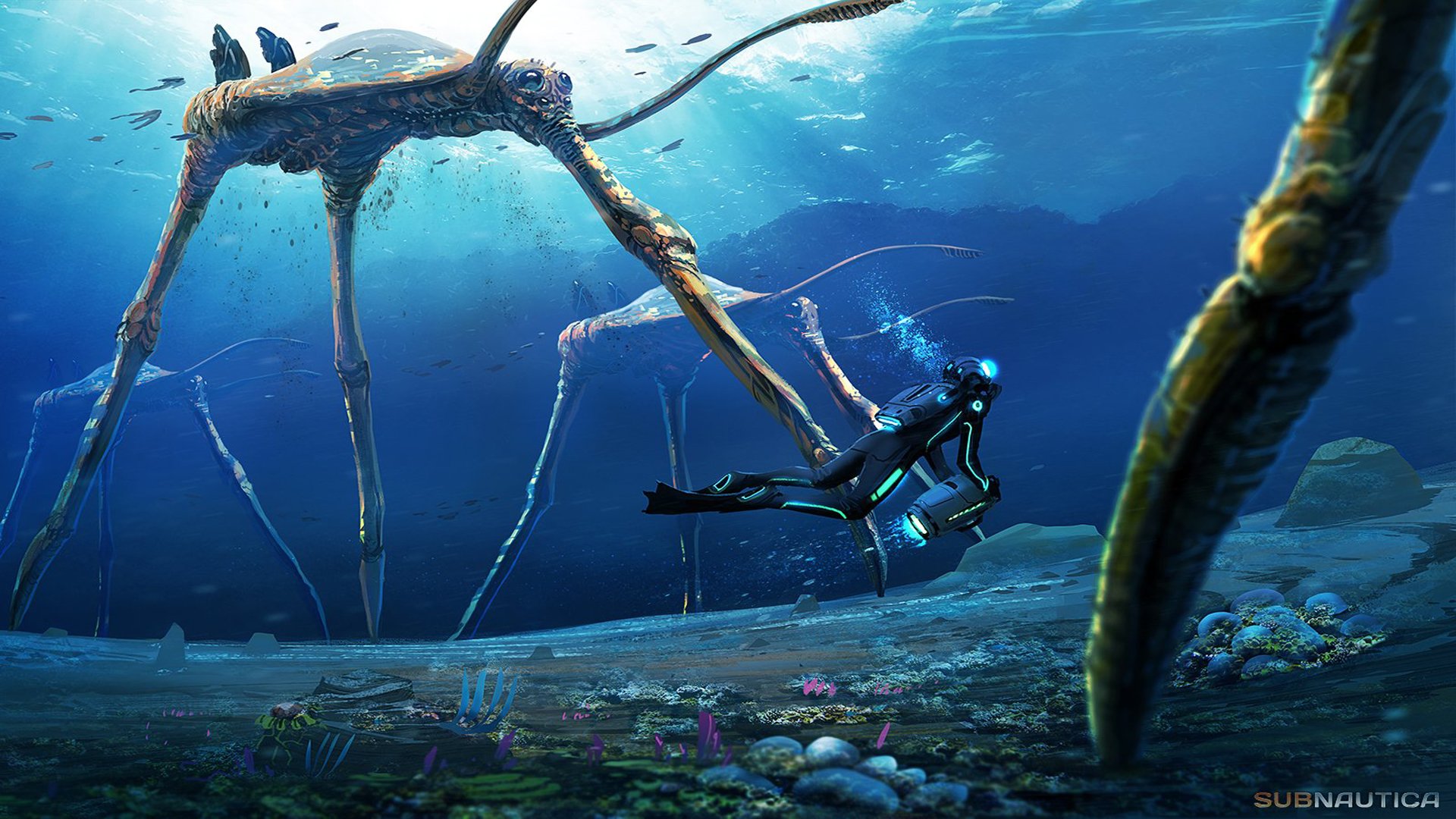
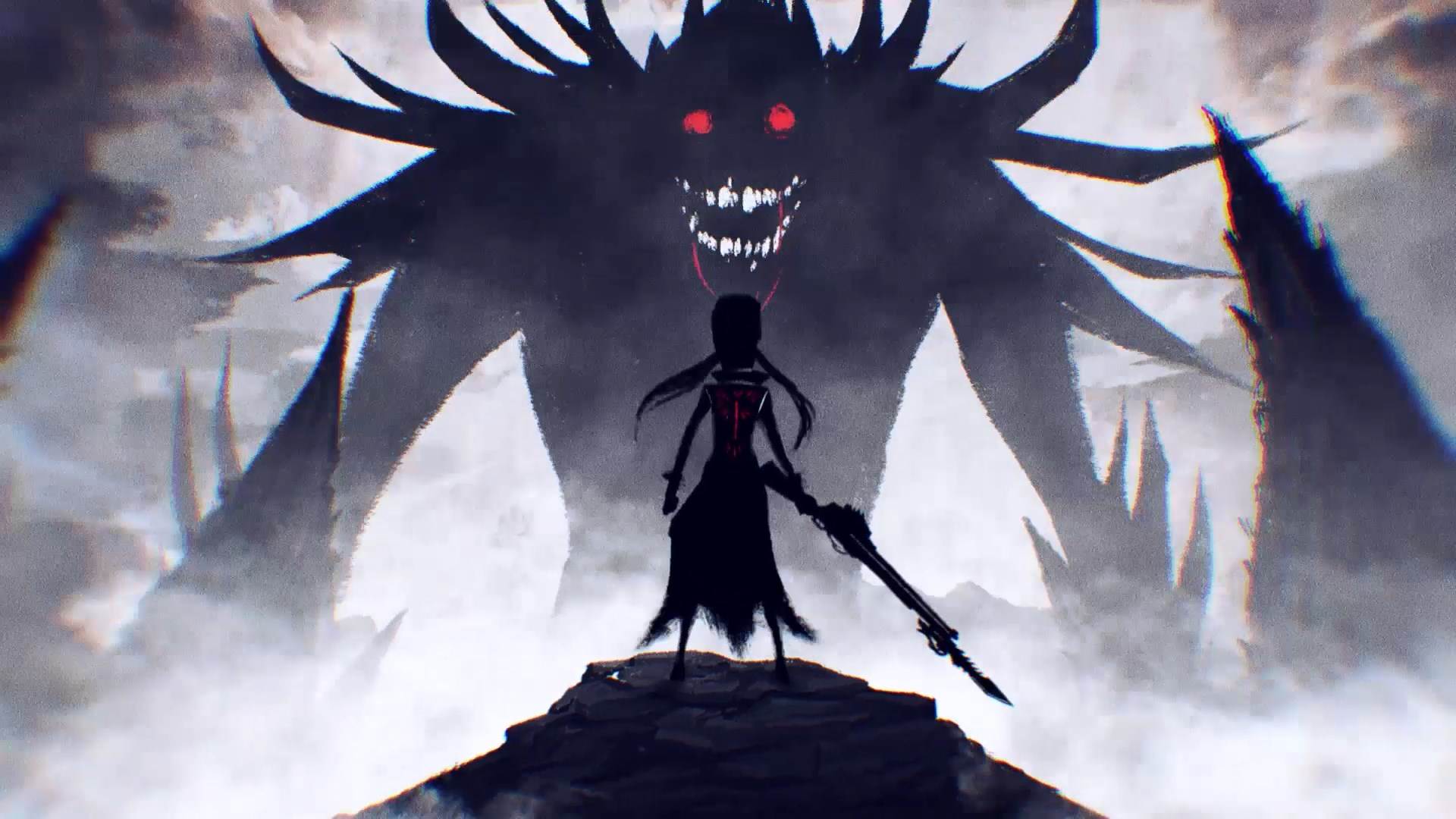
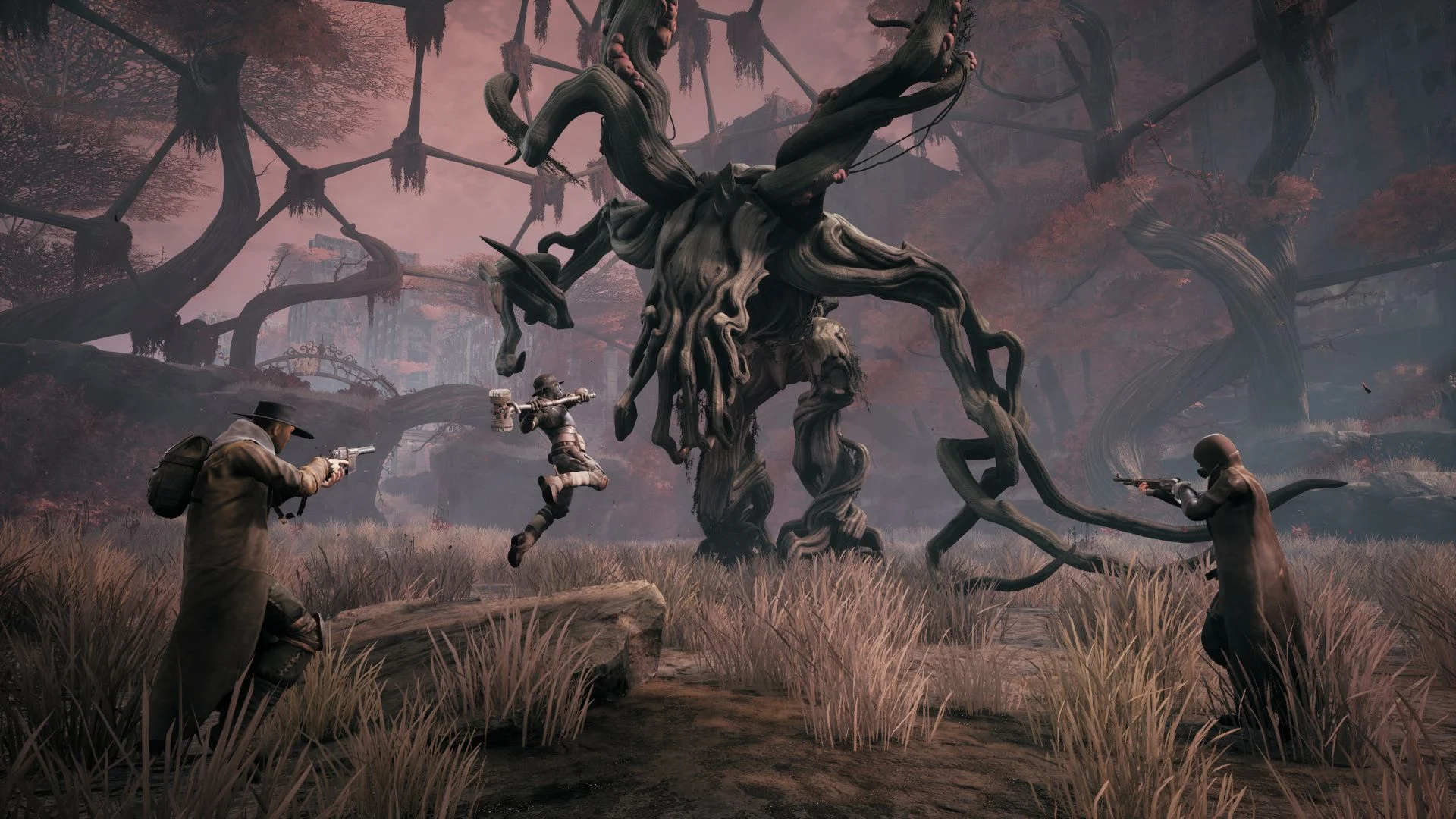
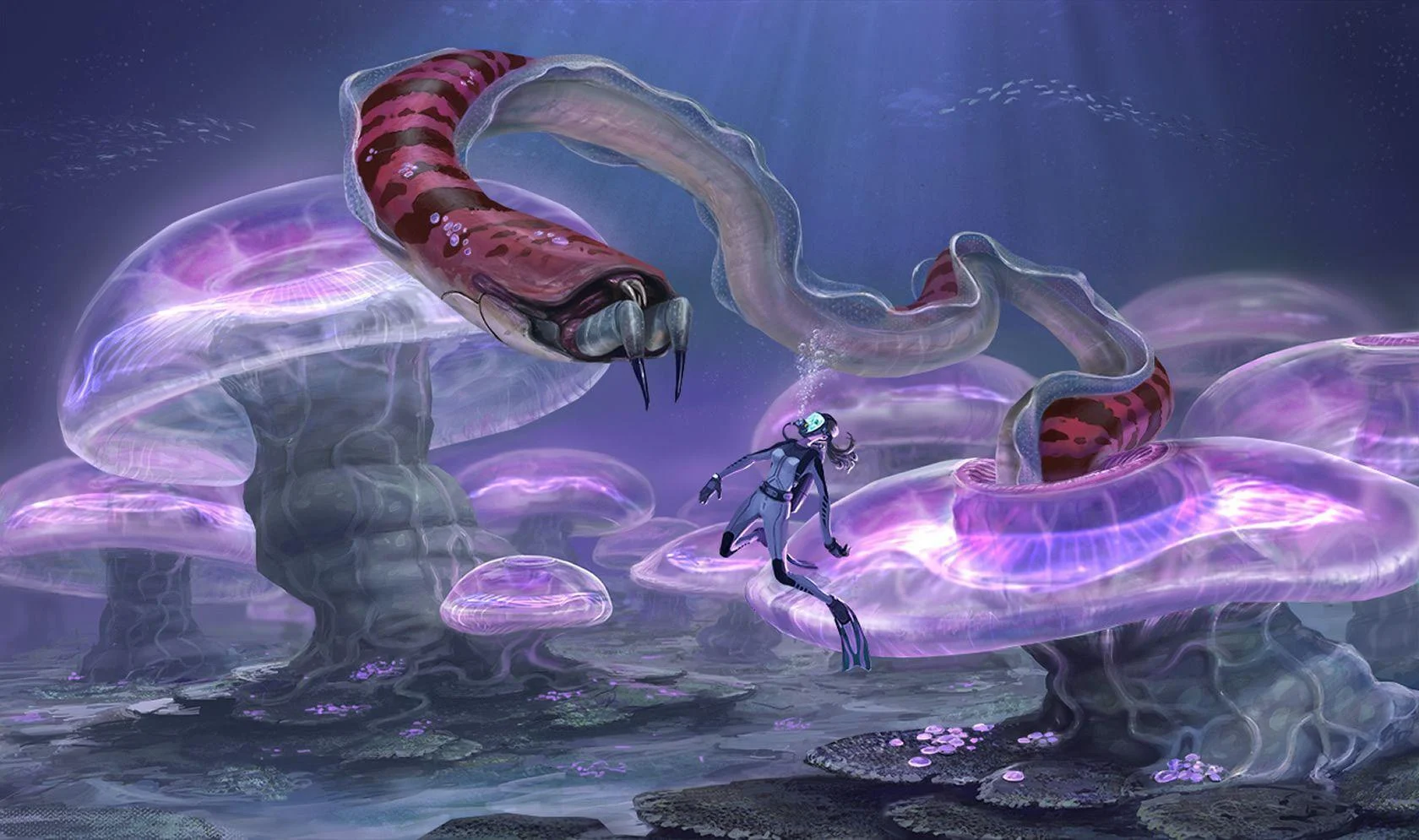

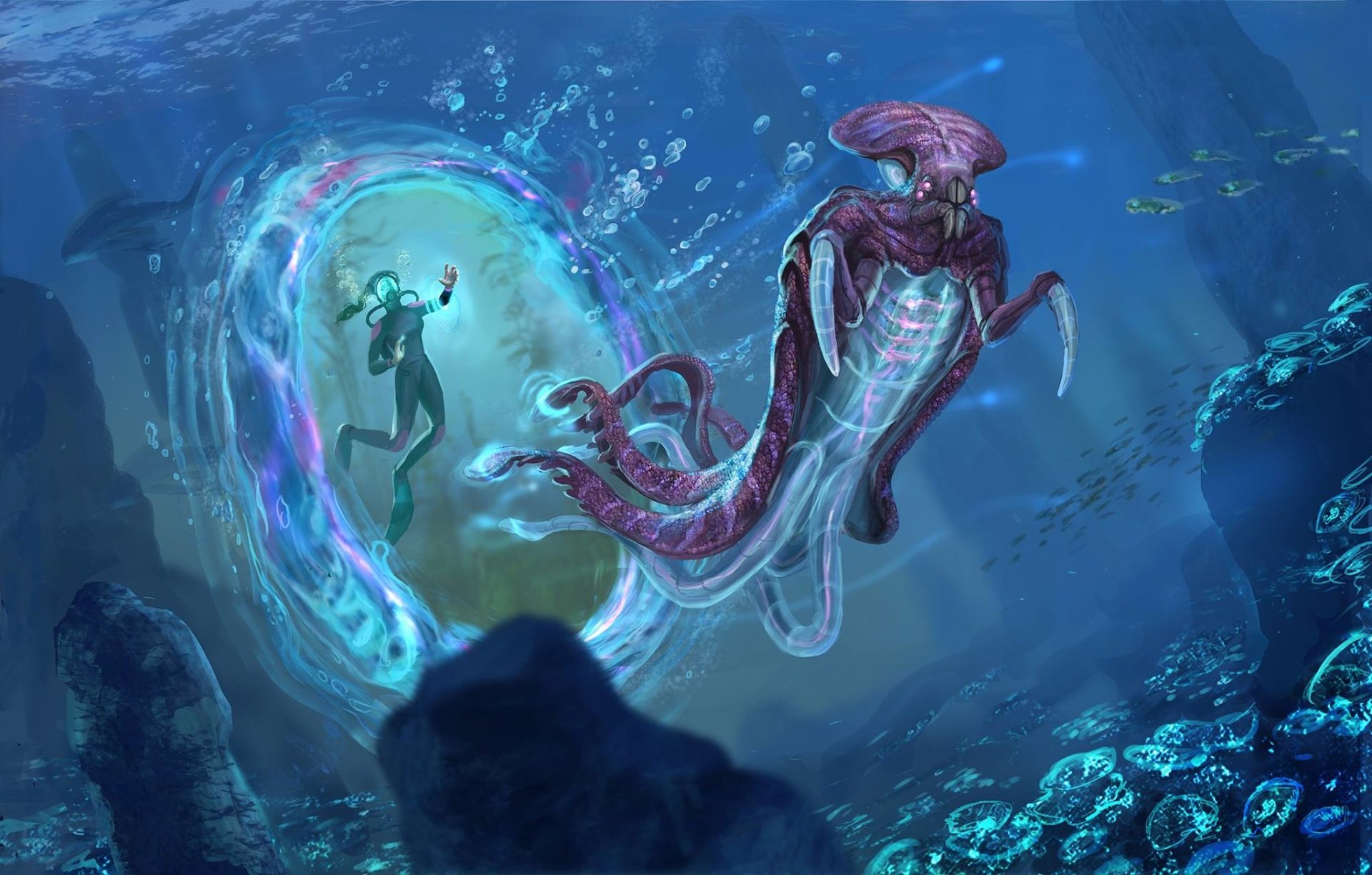
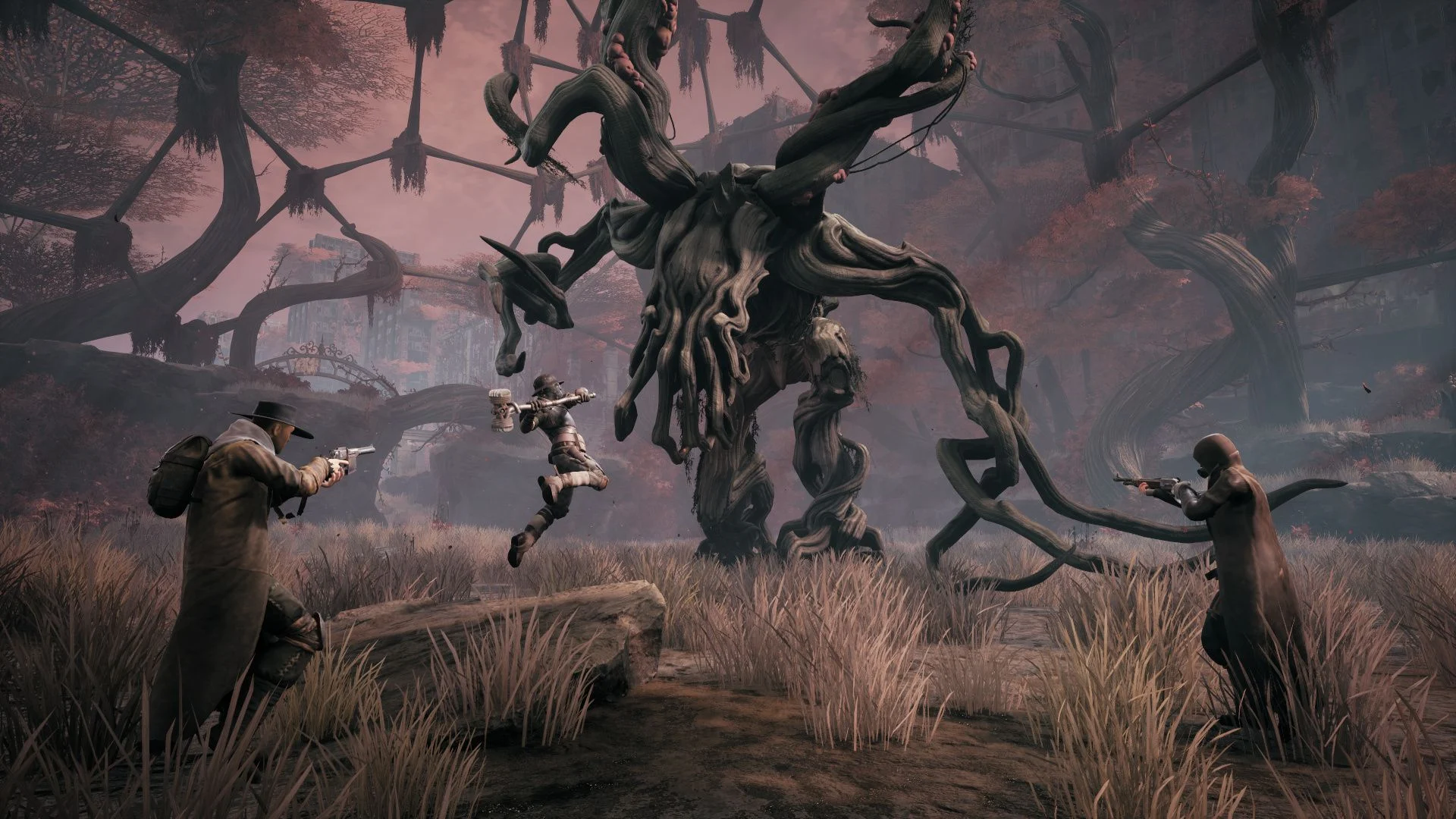
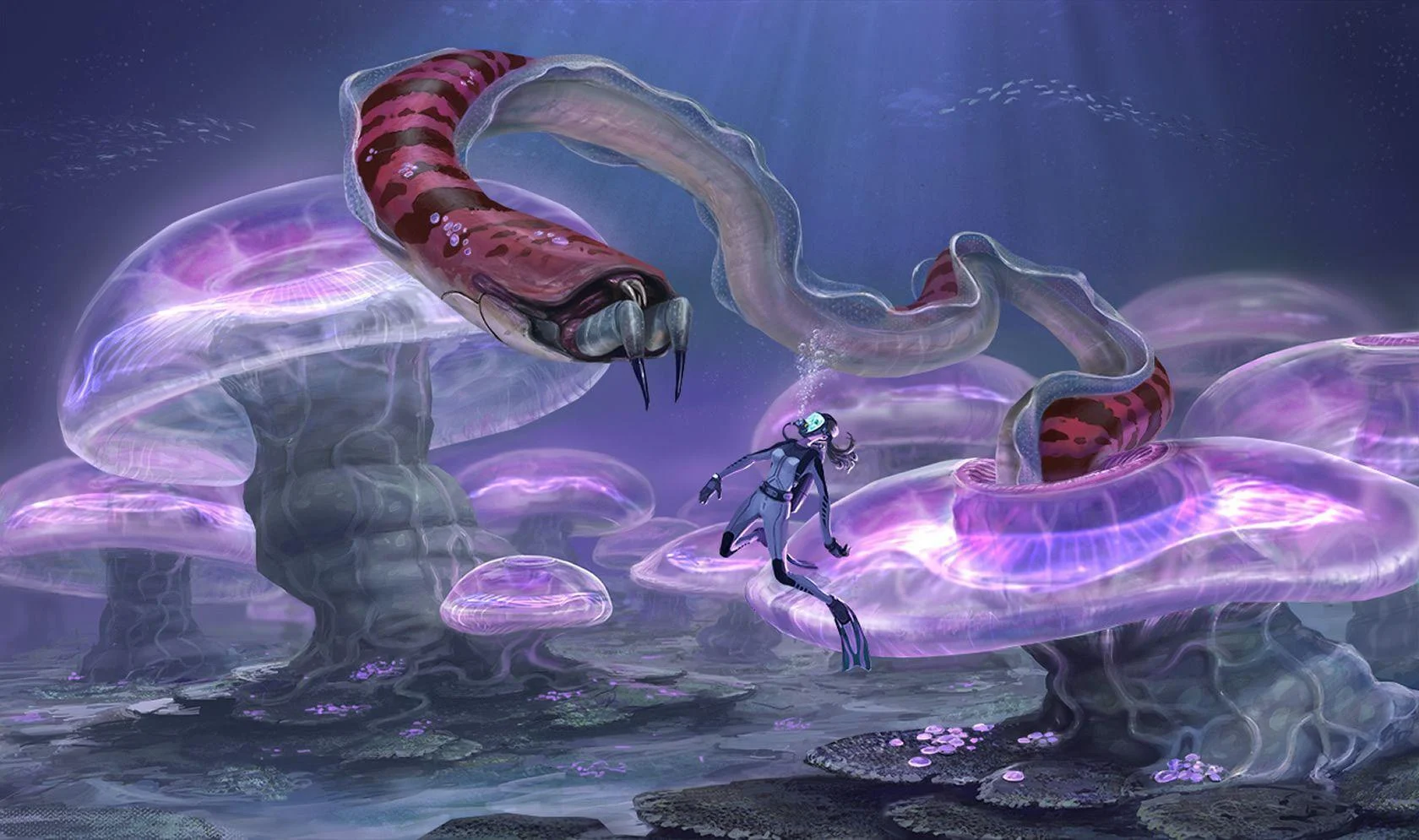

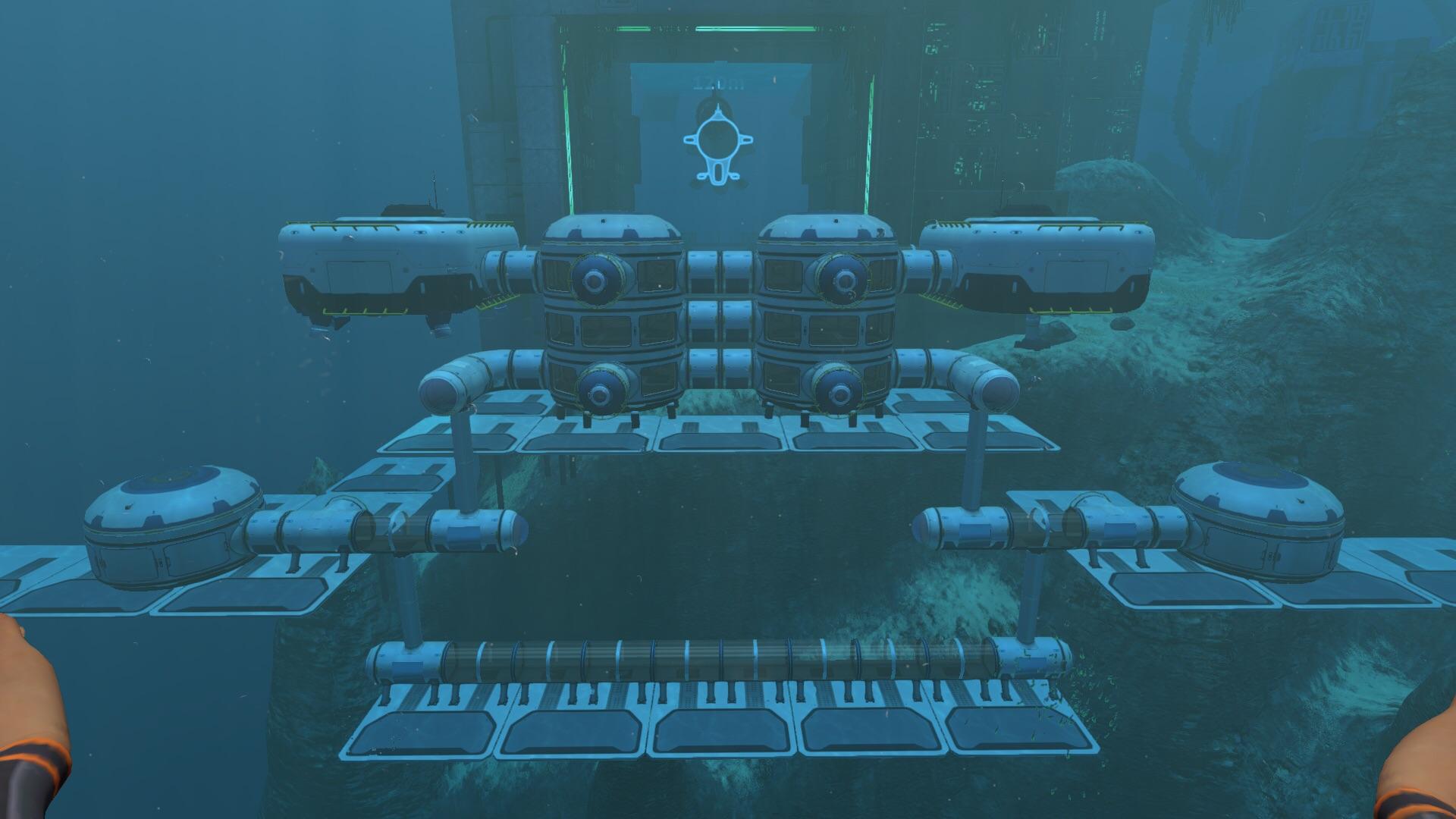





I love this essay! I like how you don’t force an idea onto the reader but instead show a very refreshing point of view. As an art major, video games really shaped the way a perceive art and I like to take inspiration from them. It’s very well written as well, I’m excited for your bext essey ❤️